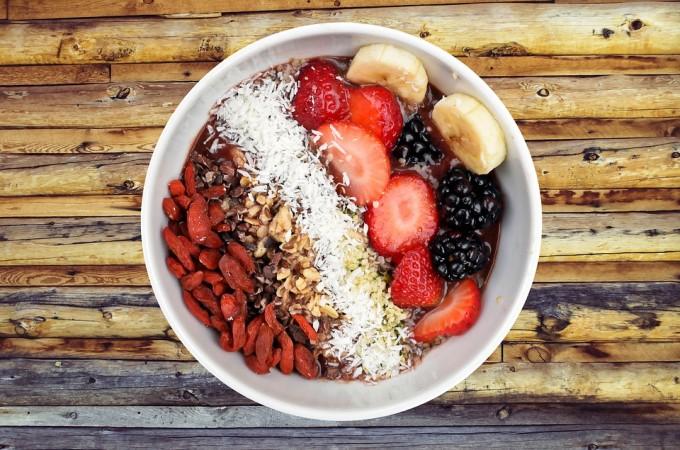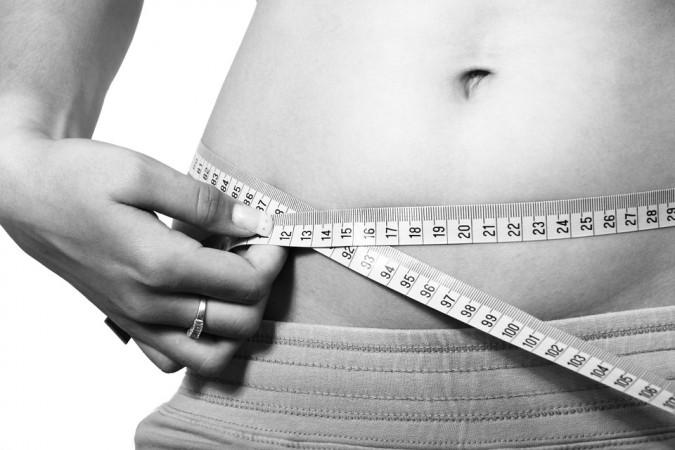
Many people diet in order to lose weight but it can get really frustrating when you don't get the expected results. A new research conducted by the University of Tasmania's School of Health Sciences suggests you should take a break from your diet to reach your goal faster.
Professor Nuala Byrne, who led the study told Body+Soul: "When we reduce our energy [food] intake during dieting, resting metabolism decreases to a greater extent than expected; a phenomenon termed 'adaptive thermogenesis' - making weight loss harder to achieve."
"This 'famine reaction', a survival mechanism which helped humans to survive as a species when food supply was inconsistent in millennia past is now contributing to our growing waistlines when the food supply is readily available," he added.
The research was done in two groups- one continuously dieted for 16 weeks and the other group dieted intermittently. The intermittent dieters took two weeks off from their regular pattern.
After the research was done, it was noticed that the group with two-week breaks was more successful in weight loss than the other group.

The research also said that six months after the study was finished, the intermittent dieters maintained an average weight loss of 8 kg which was more than those who dieted continuously and monitored their food, Daily Mail reported.
However, professor Byrne explained that cycles of fasting and feasting for several days aren't more effective than continually dieting.
"It seems that the 'breaks' from dieting we have used in this study [for two weeks' duration] may be critical to the success of this approach," he said.
Dietitian Kathryn Hawkins believes that restricting food doesn't help in long-term and therefore people should adopt a healthier approach to eating.
"There is enough evidence to show that learning to enjoy healthy food, listening to your hunger [and] fullness cues, and moving every day is the best way to help your body to settle on a healthy weight," she added.
Long-term restriction can slow down metabolism. "By ignoring [your] body cues, the body ends up feeling unsupported and therefore ends up deciding to slow down its metabolism to preserve energy," Ms Hawkins said.
The best way is to be consistent with when you consume your food, she added.














